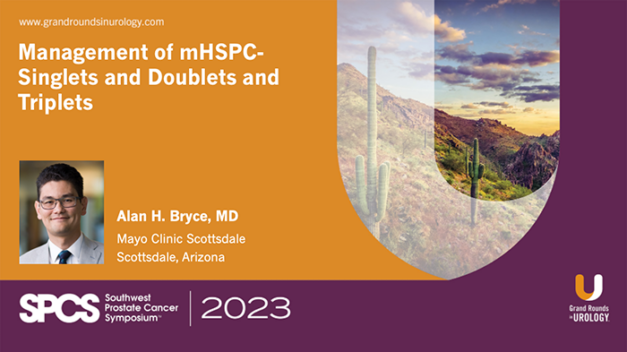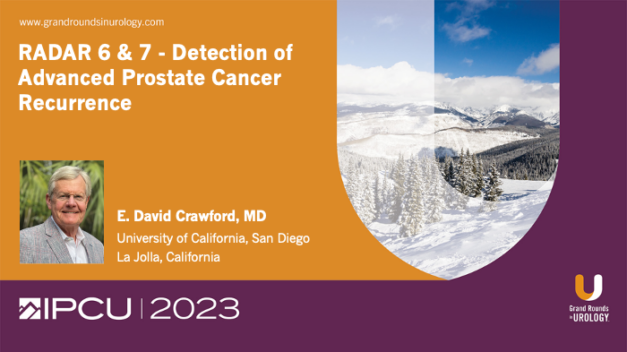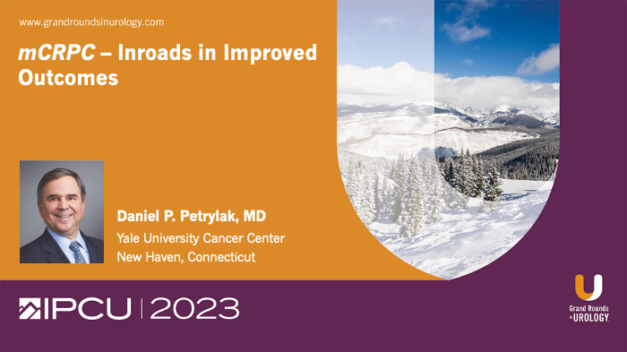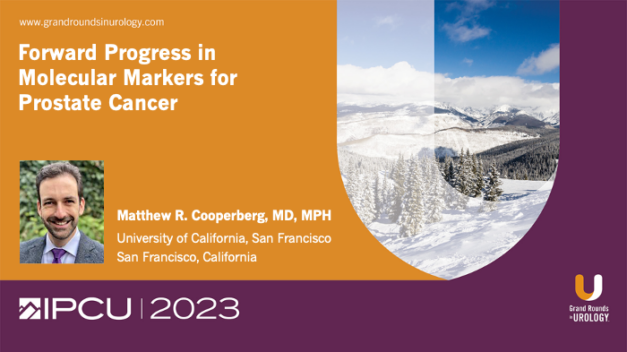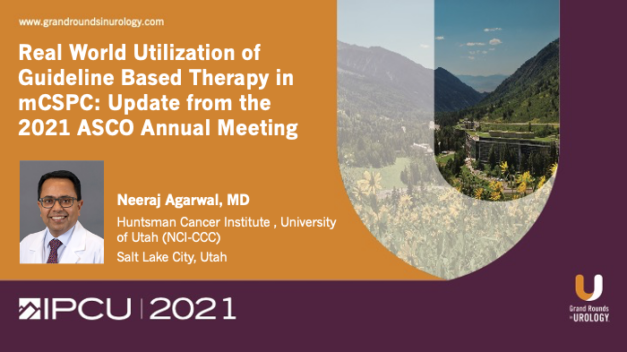Metastatic Castrate Sensitive Prostate Cancer
Rana McKay, MD, discusses the evolving treatment strategies for metastatic hormone-sensitive prostate cancer (mHSPC), emphasizing advancements over the past decade. In this 20-minute presentation, McKay shares that prostate cancer remains a leading cause of mortality among men. While traditional androgen deprivation therapy (ADT) has long been the cornerstone treatment, newer approaches integrating chemotherapy, androgen receptor signaling inhibitors (ARSIs), and combination regimens have transformed patient outcomes. She refers to landmark studies like CHARTED, LATITUDE, and STAMPEDE, highlighting the benefits of early intensifying treatment and showing significant survival advantages with doublet and triplet therapies. She also shares recent trials, including PIECE-1 and ARASENS, that underscore the effectiveness of adding agents like abiraterone or darolutamide to ADT and docetaxel for high-risk, high-volume disease.
Dr. McKay asserts clinical decision-making now incorporates disease factors such as volume and risk, patient comorbidities, and drug-specific considerations like toxicity profiles and cost. Emerging genomic and molecular tools are poised to refine treatment personalization further, with ongoing trials exploring the optimal integration of novel agents.
Read More

